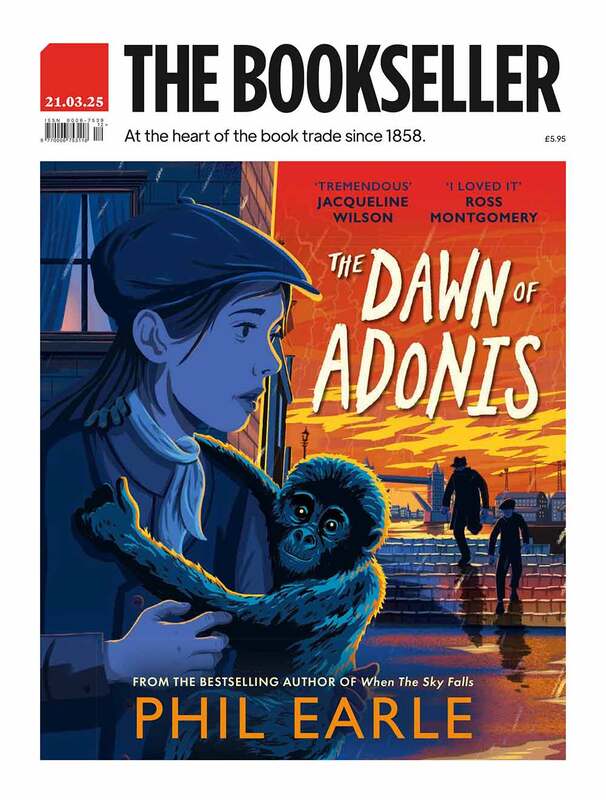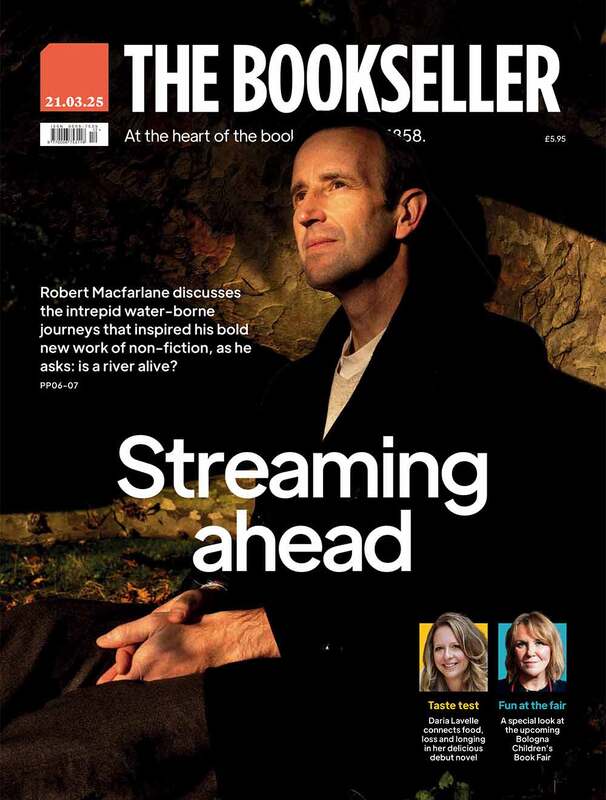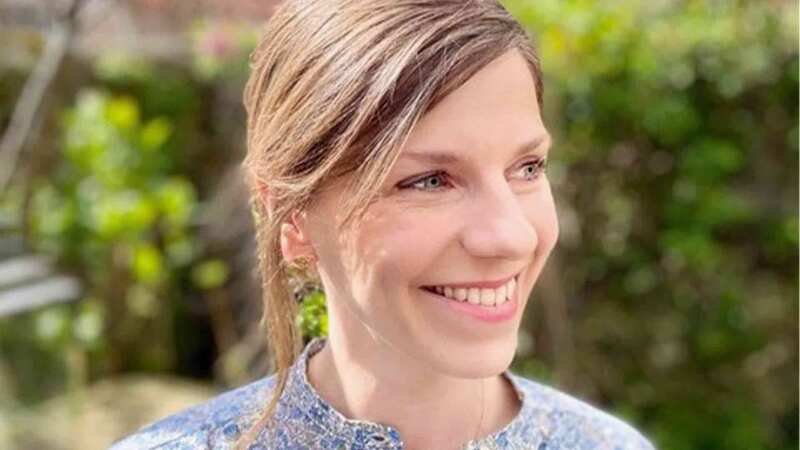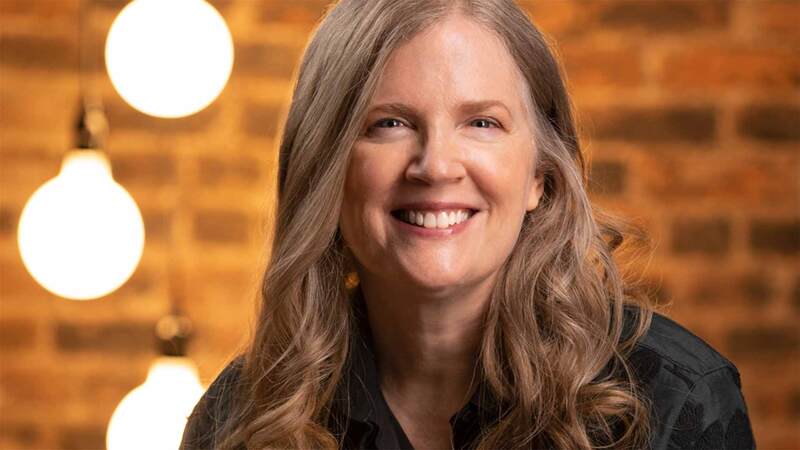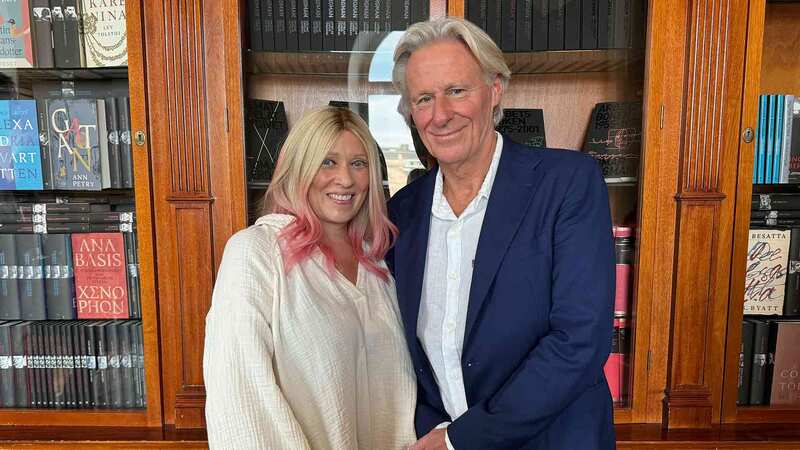You are viewing your 1 free article this month. Login to read more articles.
Miranda Kaufmann | 'I hope my book isn't the last word on this'
Despite the acres of publishing on the ever-popular Tudor period, there are fresh and fruitful veins of research that continue to emerge. Illuminating one such is Miranda Kaufmann’s Black Tudors: The Untold Story (Oneworld, October), which offers fascinating original research into the lives led by people of African origin in Tudor England in small but not negligible numbers (she has tracked down more than 350).
Kaufmann advised on the Tudor episode of David Olusoga’s sweeping BBC series “Black and British: A Forgotten History” (the accompanying book from Macmillan won the PEN Hessell-Tiltman Prize). Where Olusoga scans the big picture, Kaufmann has spent a decade squirrelled in archives, teasing out tiny details from parish records and household accounts to reconstruct individual lives.
Some of those described in Black Tudors were already known to academic historians, among them John Blanke, the court trumpeter who played at the baptism of King Henry VIII’s baby son in 1511, but their stories benefit from Kaufmann piecing the full jigsaw together. Others, such as Edward Swarthye, a porter in the household of Sir Edward Wynter, were previously unknown. And while a stereotyped view of the period presents Africans in England at the time solely in the roles of disempowered domestics or decorative playthings for the rich, Black Tudors presents a different picture, showing wage-earning, often independent individuals, engaged in a range of activities.
There is Jacques Francis, the Mauritanian diver brought in to use his special skills in salvage attempts on the sunken “Mary Rose”; Reasonable Blackman, a silk-weaver plying his trade in plague-hit Southwark; and Cattelena, a “singlewoman” making a living in rural Gloucestershire with her precious milk cow.
Edward Swarthye was Kaufmann’s “first big, exciting discovery” as a young researcher. She ordered a stray court document in the National Archives, which her searches told her involved an African. Struggling to read the scrawly hand in which it was written, she could only decipher the word “whipped” at first. “I’d found an African, and whipping, and I jumped to the conclusion that the African was whipped - but [once I worked out the handwriting] I found out it was the other way round,” she says.
In fact, Kaufmann had stumbled on the story of how in 1597, white Englishman John Guye - the future governor of Newfoundland, then serving in the household of Sir Edward Wynter - was ignominiously flogged on Wynter’s orders by Swarthye, as a punishment for negligence. Another blow to historical stereotypes.
I think racism as we know it from the period of the slave trade is very specific to a certain time and set of circumstances, and there is a danger of reading it back into this time when things were a lot more fluid
Kaufmann finds evidence of interracial marriages and of black Tudors being received fully into their local communities through baptism. What she hasn’t found substantial evidence for - or decisive evidence against - is anti-African racism. “I’m arguing from an absence [of evidence], which is harder than arguing from a presence, but I think racism as we know it from the period of the slave trade is very specific to a certain time and set of circumstances, and there is a danger of reading it back into this time when things were a lot more fluid,” she says.
Certainly, when the plague hit London, immigrants got the blame - but it was Belgians and the French, not Africans. While the Spanish were using African slave labour in their colonies, Tudor England did not need it and had no statutes that legalised it. Instead, Africans often arrived in the country via merchants, Kaufmann explains. “They come not for very long, usually [they] learn English and go home. Some are brought by force to England but return a few years later; some of them seem to say they have come of their own free will - they might want to be baptised, or to do some commercial espionage because they are trading with these people, so they want to come and see the country for themselves. And some of them seem to be young men, and you can’t discount that eagerness to take to the sea and explore the world, which happened the other way with young Englishmen as well.”
Others arrived in the households of royal visitors: trumpeter Blanke probably came in the entourage of Katherine of Aragon. Others again were brought in when Sir Francis Drake and others captured Spanish or Portuguese ships at sea in “privateering” (legalised piracy) expeditions. “In Bristol in 1590, a privateer ship comes in with 135 Africans on board. They put them up in a barn for a week and then ship them back to Spain, with the Spanish men they also captured. The Africans don’t for them become a cargo... They don’t really know what to do with them half the time.”
Black and white
Are there any issues in Kaufmann, as a white historian, researching this material, as opposed to a black scholar? “There’s a black historian called Onyeka who has also studied in this area, and it was reassuring to me that he’d drawn some similar conclusions to me: that the burden of slavery in the intervening period had caused us to look back at the Tudor period and read things into it.
“I think that history should be for everyone to study what they are interested in and I don’t think anyone should be limited by who they are as to what they study. But I hope my book isn’t the last word on this [field], and that it inspires other scholars from a range of backgrounds to study it.”
In the wake of the Chalke Valley History Festival controversy - historian Rebecca Rideal pulled out of this year’s event in protest at the lack of diversity among the speakers - what are Kaufmann’s thoughts on diversity and the history establishment? “It does start at school. It would be nice if more black history was studied at school, to break out of the confines of Black History Month every October. David Olusoga’s work shows, amazingly, how through all the key events of British history, there’s a black British side to that. He makes the point, I think, that on Nelson’s Column in Trafalgar Square, there’s a black sailor carved on the base of the column, watching the death of Nelson. There were lots of black sailors at Trafalgar. So it’s about broadening the lens to that side of the story. It’s part of the fabric of history, not just a box to tick each October.
“It has to start at school level, and then pupils become students, and then graduate into historians who are from a wider set of backgrounds than we have at the moment. You’ve got to inspire people early on.”
Photo © Rosie Collins

